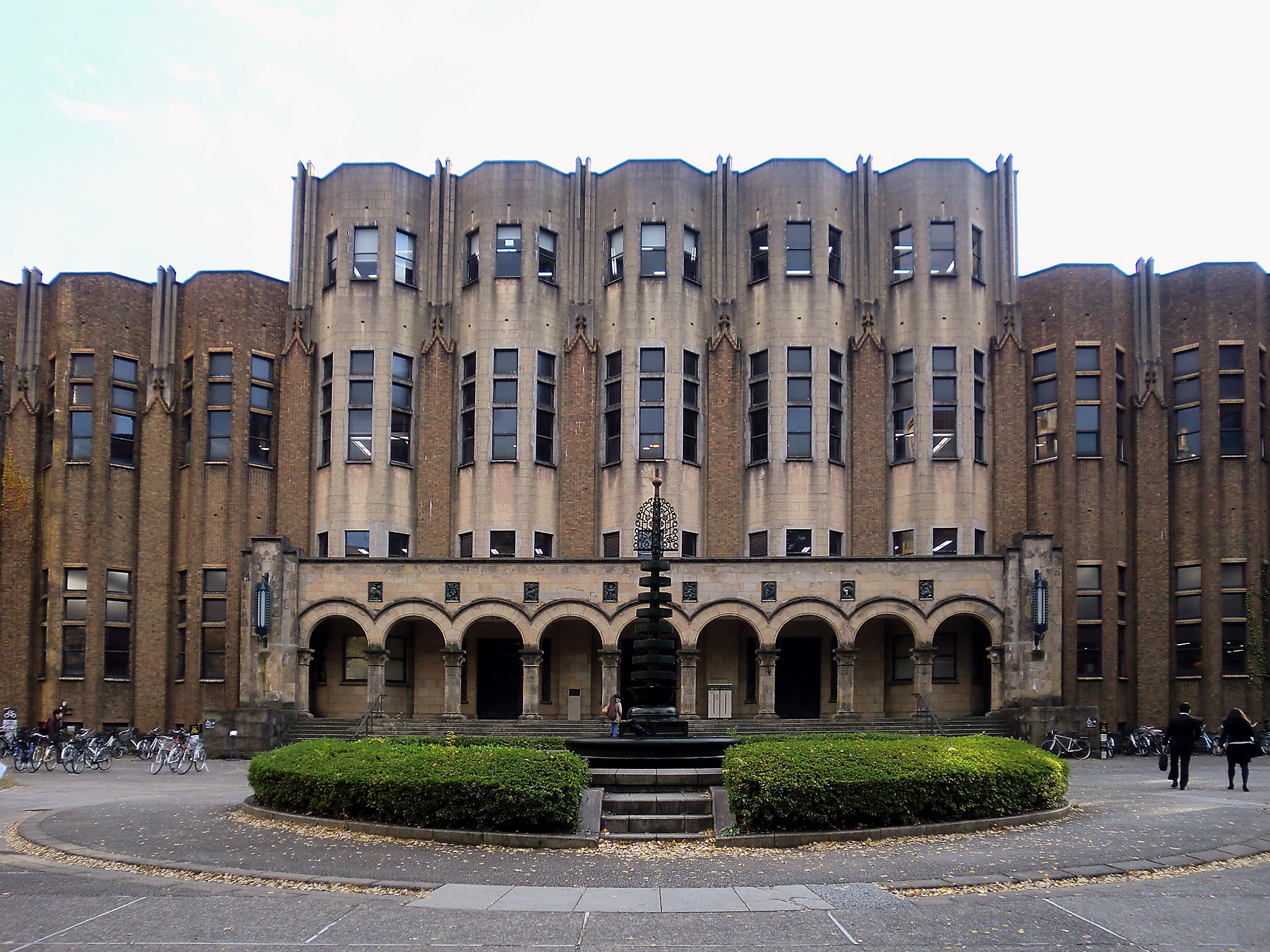Top Japanese university offers cheaper rents for female students
Just 20 per cent of applicants to the University of Tokyo are female, compared to 40 per cent in Japan overall

Your support helps us to tell the story
From reproductive rights to climate change to Big Tech, The Independent is on the ground when the story is developing. Whether it's investigating the financials of Elon Musk's pro-Trump PAC or producing our latest documentary, 'The A Word', which shines a light on the American women fighting for reproductive rights, we know how important it is to parse out the facts from the messaging.
At such a critical moment in US history, we need reporters on the ground. Your donation allows us to keep sending journalists to speak to both sides of the story.
The Independent is trusted by Americans across the entire political spectrum. And unlike many other quality news outlets, we choose not to lock Americans out of our reporting and analysis with paywalls. We believe quality journalism should be available to everyone, paid for by those who can afford it.
Your support makes all the difference.A top university in Japan is offering cheaper rents for female students in a bid to improve the gender balance on campus.
The University of Tokyo has announced it will pay 30,000 yen (£223) per month towards each female student’s housing costs, subsidising them for up to two years, Asian newspaper The Asahi Shumbun reported.
Currently just 20 per cent of the institution’s applicants are female, and an even smaller number go on to study at the university having passed initial entrance exams.
Previous attempts to encourage more female entrants, including visits to secondary schools, have made no difference to the imbalance, Executive Vice President Tomokazu Haebara said.
In order to qualify for the subsidy, each student’s family home must be more than a 90 minute commute from the Komaba campus, where all students spend their first two years, according to The Mainichi newspaper.
Unlike student finance grants in the UK, parents’ income is not a factor in assessing Japanese students’ eligibility for the subsidy.
The Asahi Shimbun notes that parents often raise concerns about finding safe housing for their daughters if they were to leave home to study.
From April next year, the university aims to provide around 100 apartments close to the campus that meet with safety and earthquake-resistance standards for the additional female students.
The apartments will also be able to accommodate parents for overnight visits.
Female students account for 40 per cent of all unversity applicants in Japan, but at 20 per cent, Tokyo University's intake is especially low.
Some academics have speculated that the lack of women going on to higher education comes as part of a wider problem with gender inequality in Japan.
The World Economic Forum’s most recent Global Gender Gap Report ranks Japan 101st out of 145 countries; the UK comes in 18th place.
Join our commenting forum
Join thought-provoking conversations, follow other Independent readers and see their replies
Comments